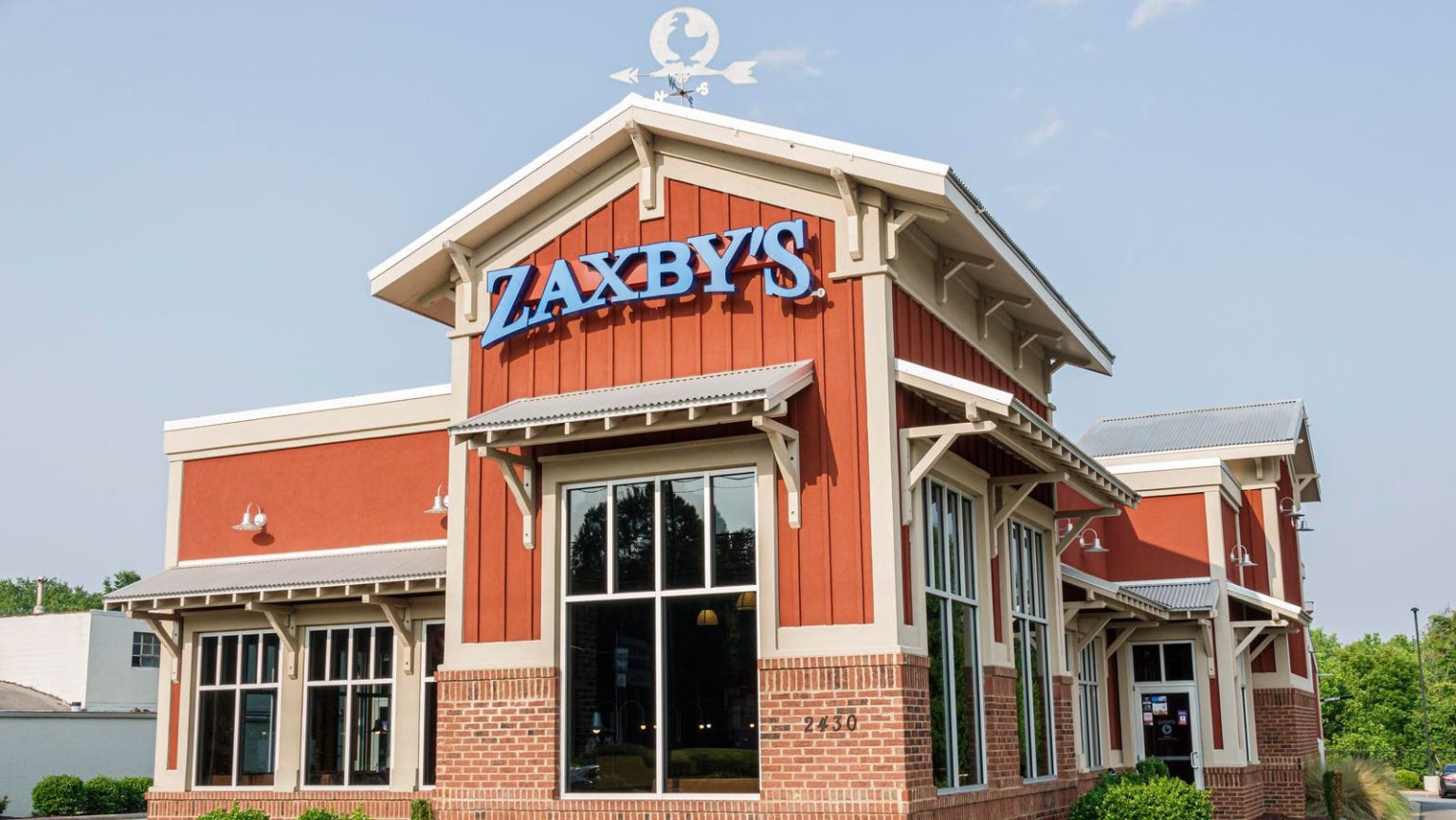Conservation easement deductions have been a hot topic in recent years, with Congress cracking down on syndicated conservation easement deductions. Recently, the Department of Justice decided to fold in the case involving the founder of Zaxby’s, Tony D. Townley, and his wife Elizabeth A. Townley. The Townleys sought a tax refund of $43 million after claiming charitable contributions valued at $166 million on 794 acres of land they owned. The case was settled right before it was set to go to trial.
The IRS needed to settle this case to avoid another loss in the ongoing battle over conservation easements. A recent loss in Park Ranch LLC v. Commissioner, where a regulation was declared invalid, put pressure on the IRS to avoid further setbacks. The dispute in the Townley case focused on the valuation of the property, rather than the validity of the conservation easement itself. The trial was set to take place in Rome, Georgia, where the community was likely to support the Townleys due to their credentials as well as the local investment in conservation easement deductions.
The IRS’s fear of losing in Rome, Georgia, where the Townley case was to be heard by a jury, led to the decision to settle. The valuation experts hired by the Townleys were seen as more credible than those of the IRS, and the community’s support for Mr. Townley as a hometown success story added to the pressure. A potential loss in court could have discouraged conservation easement investors from accepting settlement offers in the future, especially in cases involving mineral rights on the property.
The impact of this settlement goes beyond the Townley case, as it sends a message to conservation easement investors and the IRS. Unlike many other cases, this one did not involve syndicated conservation easements and focused on property with valuable minerals beneath the surface. The outcome of this settlement suggests that investors may have a better chance of winning cases where mineral rights are in question, leading to potential changes in future conservation easement settlements. The decision to settle in this case will likely have ramifications for similar cases in the future and may influence how valuations are determined in conservation easement disputes moving forward.


